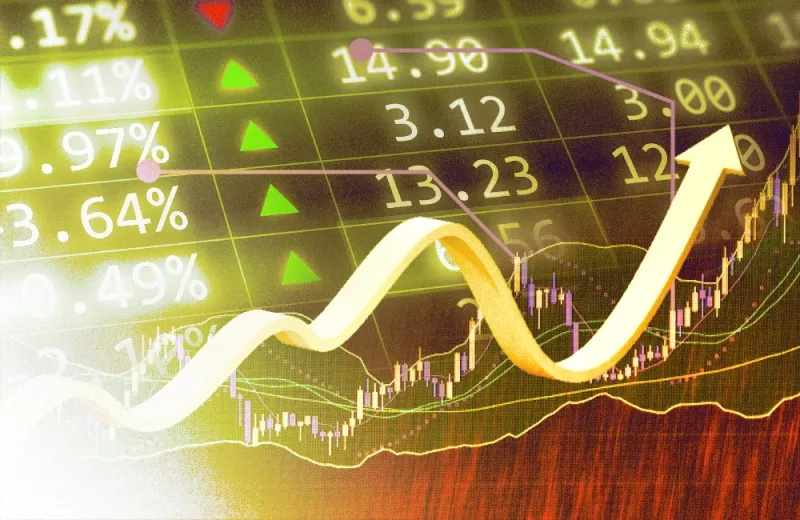As equities continue to get hammered by rising interest rates, dividend-paying stocks have emerged as a surprise winner.
For the year through late October, the Morningstar Dividend Yield Focus Index returned nearly 2 percent, while the Morningstar US Market index went down 19.2 percent, according to a recent Morningstar report. The gap is so big that it led the author to conclude that dividend payers “have proven dramatically more resilient” than other types of equities amid the market turbulence in 2022.
The recent outperformance of dividend stocks is contrary to the traditional wisdom that they tend to lag the overall market in a rising-rate environment. This theory’s adherents think rate hikes make newly issued fixed income products more attractive and reduce the appeal of stable income from equities. Some investors also argue that higher rates make it harder for companies to pay back debt, let alone sustain healthy dividend payouts. But neither argument holds up this year.
“It’s especially surprising because we’ve seen six interest rate hikes in 2022…but there’s this staggering margin of outperformance [by dividend stocks],” said Dan Lefkovitz, strategist at Morningstar Indexes.
Lefkovitz started researching dividend stocks a couple of months ago when he noticed that they lost less than the broader equity markets. “But now they are actually in positive territory,” he said. “I haven’t seen that being covered much in the media or in broader investment conversations.”
In the report, the Morningstar strategist wrote that there isn’t a clear link between the level of interest rates and the performance of dividend stocks. For example, the central bank raised rates nine times between December 2015 and December 2018. But the Dividend Yield Focus Index outperformed in 2016 and then lagged the market for most of 2017 and 2018.
“Relationships in investing are not fixed,” Lefkovitz said. “The forces that move markets are multifaceted and fluid.”
Ed Clissold, chief U.S. strategist at Institutional Investor’s sister company, Ned Davis Research, said part of the reason why dividend stocks can outperform in a rising-rate environment is that such stocks tend to be low beta — meaning they are less volatile than the overall market. “When interest rates rise quickly, it tends to be negative for the stock market,” he said. “When that happens, investors generally prefer low beta companies that are more defensive.” He explained that defensive stocks are often dividend-payers.
Matt Quinlan, portfolio manager in Franklin Templeton’s equity group, believes the revenue stream of dividend stocks will be attractive as market volatility continues. “Dividend-payers tend to be larger, more established companies, which indicates reliability of cash flow and consistency of results over time,” he said. Quinlan stressed that in recent years dividend stocks have expanded beyond their core of blue-chip industries into areas such as healthcare, banking, and telecommunications. Companies in the technology, industrial, and financial sectors have also started to pay dividends.
Clissold agreed that dividend stocks will continue to be a good bet even if a recession hits the economy in 2023. “What becomes very critical at this point, though, is [finding companies whose] dividends are not going to be cut,” he said. Historically, dividend cuts increase rapidly during recessions. He suggested looking at metrics like interest coverage ratio to narrow down the search for the right stocks.







